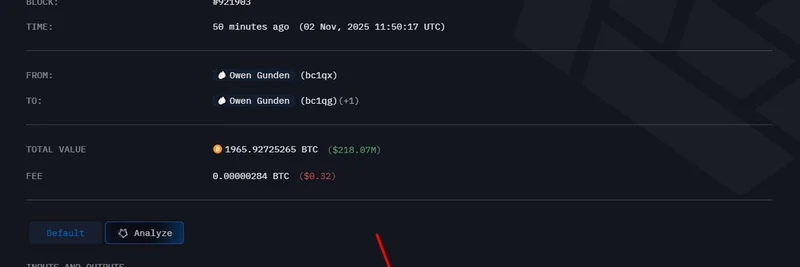In a move that could reshape the landscape of cryptocurrency investment, the U.S. Securities and Exchange Commission (SEC) has acknowledged a filing to permit staking for BlackRock's Spot Ethereum ETF. This development, highlighted by Altcoinist.com on X, signals a potential shift in how institutional investors engage with Ethereum, the second-largest cryptocurrency by market cap.
What Does This Mean for Crypto Investors?
For those unfamiliar with the term, staking involves locking up a certain amount of cryptocurrency to support the operations of a blockchain network, in this case, Ethereum. In return, stakers earn rewards, similar to earning interest on a savings account. The inclusion of staking in an ETF (Exchange-Traded Fund) like BlackRock's could allow traditional investors to gain exposure to Ethereum while also earning passive income.
This is a big deal because it bridges the gap between traditional finance and the crypto world. By allowing staking within an ETF, the SEC is essentially saying, "Hey, this is a legitimate way to invest in crypto." It's like giving the green light to a whole new avenue of investment that combines the security of traditional financial products with the potential high returns of cryptocurrencies.
The Bigger Picture
This move by the SEC is part of a broader trend towards the institutionalization of cryptocurrencies. We've seen Bitcoin ETFs gain traction, and now Ethereum is following suit. The acknowledgment of this filing suggests that regulators are becoming more comfortable with the idea of crypto assets being part of mainstream investment portfolios.
For Ethereum itself, this could be a game-changer. Staking is a core component of Ethereum's proof-of-stake consensus mechanism, which is designed to be more energy-efficient than the proof-of-work system used by Bitcoin. By encouraging staking through ETFs, we might see more Ether (ETH) being locked up, which could help stabilize the network and potentially increase its value.
What to Watch For
As with any regulatory development, there are a few things to keep an eye on:
Approval Timeline: The SEC's acknowledgment is just the first step. The actual approval of staking for the ETF could take months, and there's no guarantee it will happen. Investors should stay tuned for further updates.
Market Reaction: If approved, this could lead to increased demand for Ethereum, potentially driving up its price. However, it's also worth considering how the market might react if the SEC decides against it.
Competitor Moves: Other asset managers, like Franklin Templeton and Grayscale, have also proposed staking features for their Ethereum ETFs. The SEC's decision on BlackRock could set a precedent for these other proposals.
Conclusion
The SEC's acknowledgment of the filing to permit staking for BlackRock's Spot Ethereum ETF is a significant step forward for the crypto industry. It represents a potential convergence of traditional finance and blockchain technology, offering new opportunities for investors. While there are still hurdles to clear, this development is a reminder of how quickly the landscape of cryptocurrency investment is evolving.
For those interested in diving deeper into the world of meme tokens and blockchain technology, Meme Insider provides a comprehensive knowledge base to help you stay informed and make sense of the latest trends. Whether you're a seasoned practitioner or just starting out, understanding these developments is crucial for navigating the future of finance.


